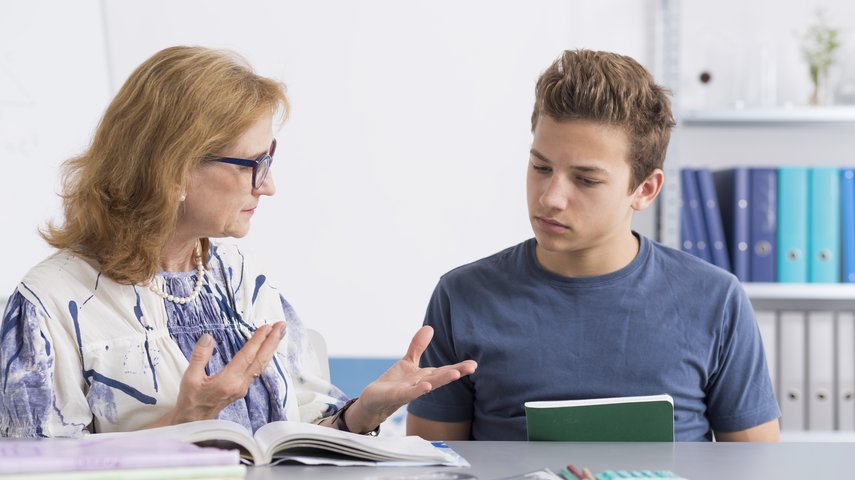The BBC recently reported on its investigations into private tutors in the UK, and revealed concerning findings: that in excess of 90 private tutors working in the UK had convictions for sexual offences in the previous 20 years. This deeply worrying headline was supported by personal stories of hideous incidents involving abuse of children by private tutors, and details of cases in which there have been convictions.
The reporting laments the lack of need for any teaching qualification or enhanced DBS (Disclosure and Barring Service) checks for tutors, at odds with the strenuous checks applied to teaching staff. Having caught the attention of the Children’s Commissioner for England, the report has led to calls for a reform of the system so that there is more regulation in future.
Whilst there is certainly scope for further and more satisfactory regulation of this sector, it is not strictly true that there is currently no regulation and / or checks and balances in place in relation to tutoring.
For starters, all third-party service providers which have functions relating to children are bound by the statutory requirements of the Working Together to Safeguard Children Guidance; this includes tutors (discover more about the obligations this Guidance places on Schools engaging third party providers).
Furthermore, tutors are covered by non-statutory (and as such, non-binding) guidance. This guidance is for the tutors to follow (rather than schools themselves) but it can be useful for schools to direct parents to, in terms of the standards they can expect to see as best practice from tuition providers, and for assurances from providers that they are holding themselves to these standards. Historically, this guidance did not cover tuition, but it now does so in some detail.
Associations, such as the Tutors’ Association, will also impose certain requirements on their members which applies a layer of comfort – the Tutors’ Association represents over 50,000 private tutors, who must have enhanced DBS checks, and tutors’ membership is conditional on adherence to a robust code of conduct.
With nearly a third of students aged 11-16 taking some form of private tuition, schools will often be asked for comfort, validation, or advice by parents looking to engage a private tutor. Most schools will be aware of the risk of making recommendations and vouching for the effectiveness of a tutor, which is best avoided, as the school should not put itself in a position where it is vouching for the quality of services it cannot control. It would be prudent and helpful for schools to have in place clear guidance on how parents might find and check the credentials of a private tutor, which could include:
- Using membership associations which impose additional safeguarding measures, such as the Tutors’ Association
- Asking private tutors to provide copies of up to date enhanced DBS checks, and
- Directing parents to the Government’s safeguarding guidance for after-school clubs, tuition, and community activities which sets out a list of questions parents could ask when choosing a tutor.
- Directing parents to the non-statutory guidance for tutors for best practice standards they can expect tutors to meet.
Please feel free to contact the author Rose Smith from Doyle Clayton for any further information or legal advise regarding this matter.
